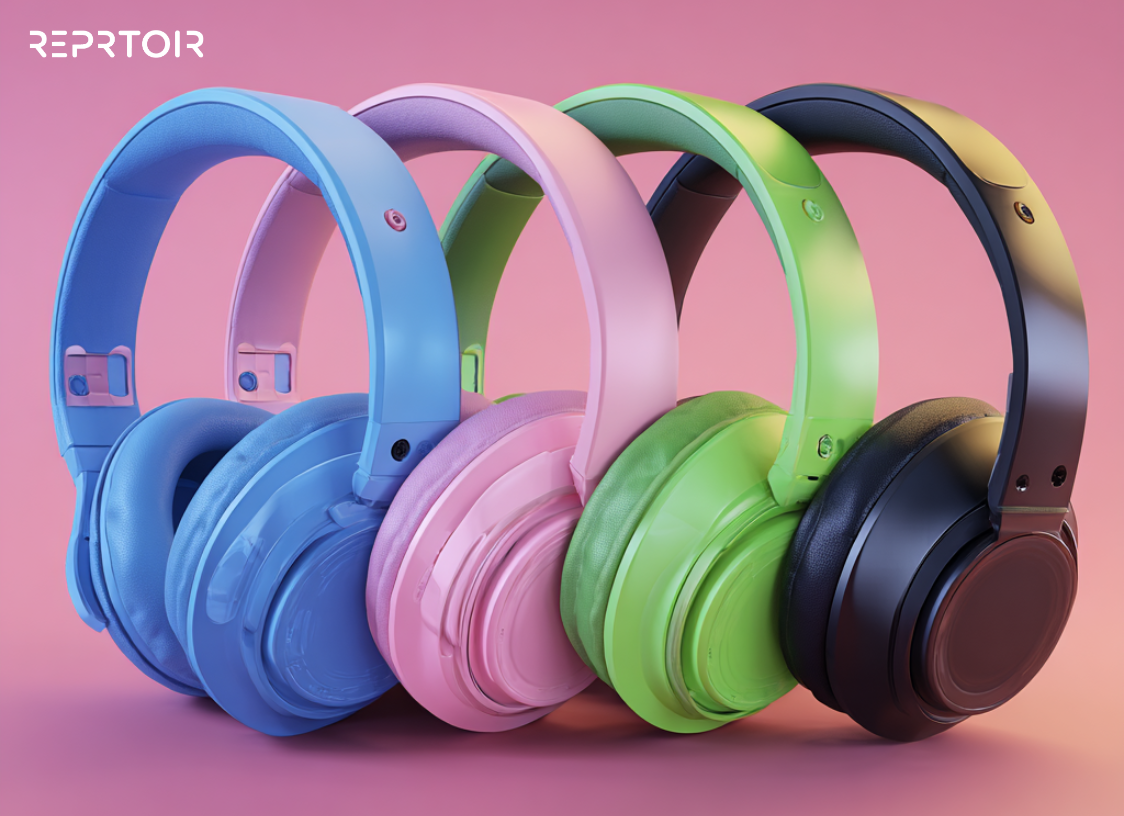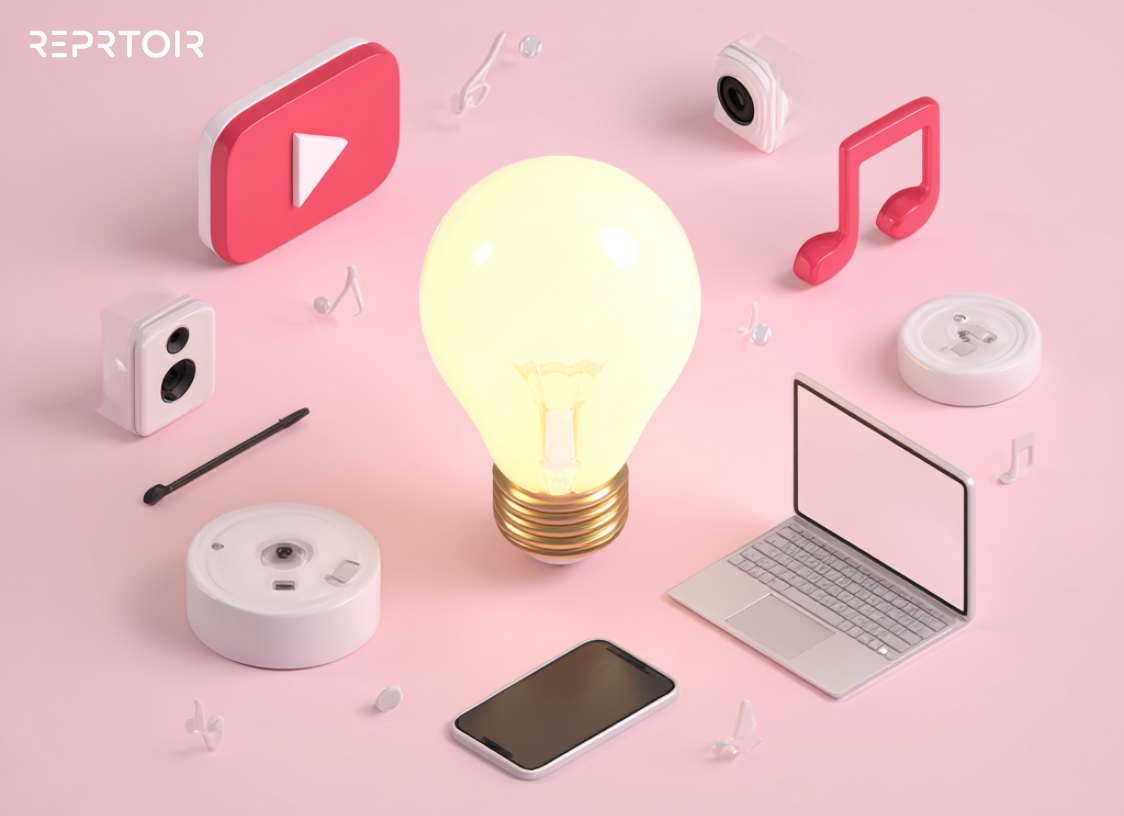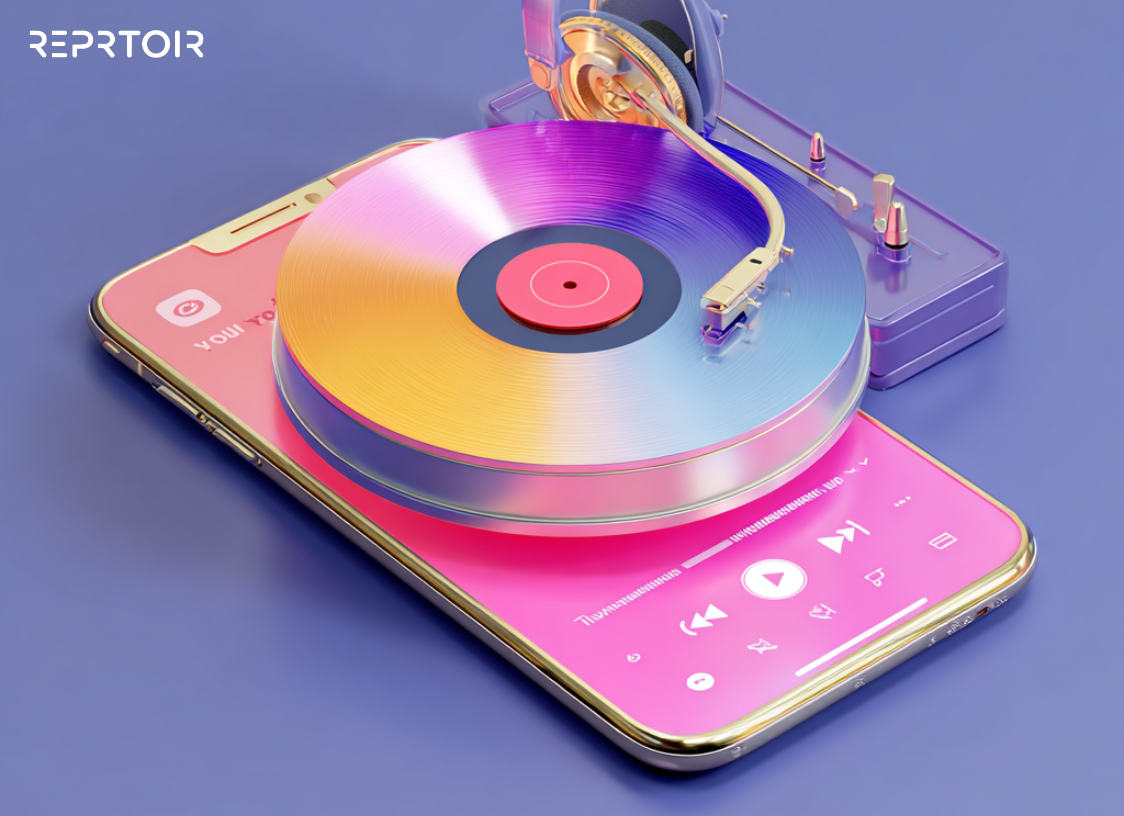In the music industry, a strong emphasis is placed on the relationship between artists and their fans. However, what about the often-overlooked dynamic between artists themselves? Negative relationships between artists have often shaped societal and political discourse.
Rap beef is a fascinating starting point for exploring this lesser-discussed aspect of the music industry—one that reflects broader shifts in accessibility, societal expectations, and the evolving role of artists in our culture. That said, there are many other examples.
In this article, we’ll break down the relationships between artists and how this affects society and the music industry:
Why is the Relationship Between Artists Important?
1. Creativity and Inspiration
Artists often draw inspiration from each other's work, leading to the evolution and innovation of artistic styles, techniques, and genres. Collaborations between artists can create groundbreaking music, literature, visual art, and more.
2. Community and Support
The artistic community provides a network of support and camaraderie for artists. Through collaboration, mentorship, and shared experiences—artists find encouragement, feedback, and solidarity in their creative endeavors.
3. Cultural Exchange
Artists play a crucial role in shaping cultural identity and expression. Individuals can gain a deeper understanding and appreciation of diverse artistic traditions and narratives by engaging with artists from different backgrounds, cultures, and perspectives.
4. Social Commentary
Artists often use their platforms to address social, political, and cultural issues. For instance, artists can spark meaningful conversations, challenge societal norms, and advocate for positive change.
5. Economic Impact
The arts industry contributes significantly to the economy, generating revenue through ticket sales, merchandise, licensing, and more. Collaborations between artists can increase visibility, audience engagement, and financial success for all parties involved.
Examples of Beef Between Artists
1. Rap Beef
Rap beef, characterized by public disagreements and lyrical sparring matches between artists, has long been a staple of hip-hop culture.
From the legendary clashes between Tupac Shakur and The Notorious B.I.G. to more recent feuds involving Drake, Pusha T, and others, these conflicts have captivated audiences and sparked endless debates.
2. The Beatles vs. The Rolling Stones
Despite being two of the most iconic bands in rock history, there was a significant rivalry between The Beatles and The Rolling Stones during the 1960s. The media often fueled this rivalry, portraying The Beatles as the clean-cut pop group and The Rolling Stones as the rebellious bad boys of rock.
Though there were moments of mutual respect and occasional collaborations, tensions simmered beneath the surface—particularly between John Lennon and Mick Jagger.
3. Blur vs. Oasis
The rivalry between Blur and Oasis, two iconic bands of the 1990s Britpop movement and the biggest bands in the UK, is etched deeply into the annals of British music history.
Fuelled by media frenzy and public sparring, the Blur-Oasis feud became symbolic of the competitive spirit of the era.
The rivalry played into wider British society, touching on the class structure in Britain, with Oasis being the working-class band and Blur being the middle-class band. Despite the intense rivalry, both bands left an indelible mark on British music by shaping the cultural landscape for years.
4. Taylor Swift vs. Kanye West
The relationship between Taylor Swift and Kanye West has been tumultuous, marked by public feuds and controversies. The most infamous incident occurred at the 2009 MTV Video Music Awards when Kanye interrupted Swift's acceptance speech, sparking a years-long feud between the two artists.
Their conflict played out in their music and public statements, with both artists taking jabs at each other in songs and interviews.
How Has Social Media Impacted Artist Relationships?
In an era of social media and instant communication, artists are more accessible than ever. Platforms like Twitter and Instagram provide direct channels for artists to engage with each other—and their fans—often in real-time.
This increased accessibility has blurred the lines between public personas and private individuals, exposing artists to unprecedented scrutiny and criticism.
Moreover, artists today are increasingly expected to take a stand on societal and political issues. From advocating for social justice causes to endorsing political candidates, artists wield significant influence over their audiences—and, by extension, wider society.
Consider the impact of Taylor Swift's endorsement of political candidates during the US elections, which sparked widespread discussion and debate among fans and pundits alike.
How Did We Get to This Point?
The evolution of the artist-to-artist relationship—from playful competition to meaningful engagement with societal issues—reflects broader changes in technology, media, and culture.
The rise of social media has democratized the music industry, empowering artists to connect directly with their peers and audiences. At the same time, the fracturing of traditional media channels, such as MTV, has created new opportunities for artists to strengthen their voices and shape public discourse.
But with this newfound power comes responsibility.
Here are some examples:
- Social Responsibility: Artists must use their platform for positive social change and to advocate for important causes. For instance, they should be mindful of how their words affect the audience and society.
- Authenticity and Integrity: Artists should strive to maintain authenticity and integrity in their work, being true to themselves and their artistic vision. They should avoid compromising their values or beliefs for commercial success or popularity.
- Awareness of Influence: Artists should be aware of the influence they wield over their audience and the potential consequences of their words and actions. They should use their influence responsibly, avoiding promoting harmful behaviors or spreading misinformation.
- Respect for Diversity: Artists should respect diversity and inclusivity in their work, being mindful of diverse backgrounds and perspectives. Likewise, they should avoid perpetuating stereotypes or marginalizing marginalized groups through art or public statements.
Final Thoughts
The artist-to-artist relationship is a rich and multifaceted aspect of the music industry, one with valuable insights into broader cultural trends and shifts.
From rap beef to political activism, artists wield considerable influence over our collective imagination by challenging us to reconsider the boundaries of art, entertainment, and social change.
We deliver the crucial tools to grow and nurture your music business at Reprtior. Chat with us today and see how service can grow your music business!









